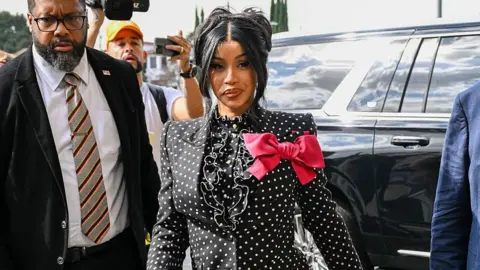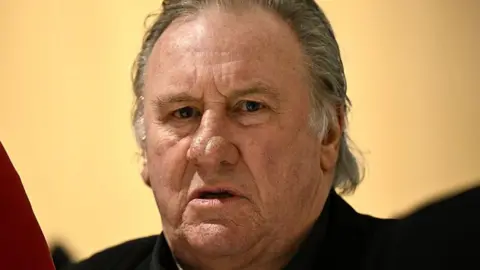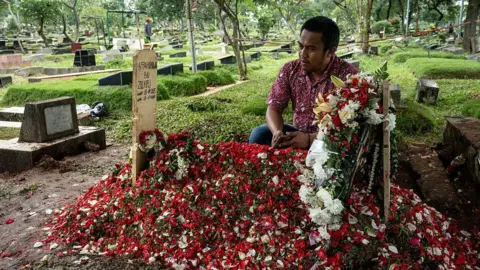The assault allegations against the players, which date back to a 2018 incident in London, Ontario, have prompted a national conversation about consent and the culture within Canadian hockey circles.
The ruling from Justice Maria Carroccia is anticipated to unfold on Thursday morning, as this controversial trial captivates the nation. The case centers on the claim by a woman, referred to as EM, who states that she was sexually assaulted by the athletes in a hotel room following a Hockey Canada gala. The players—Michael McLeod, Dillon Dube, Cal Foote, Alex Formenton, and Carter Hart—plead not guilty, and the core issue revolves around whether the woman consented to the sexual activities that occurred.
The scandal took root after it was revealed that Hockey Canada had settled with the alleged victim prior to the trial, causing an uproar that led to a significant loss of sponsorships, governmental scrutiny, and demands for cultural change within the organization. The case has stirred much debate around whether hockey, a cherished Canadian pastime, fosters a toxic culture that could lead to such incidents.
During the trial, EM described a troubling dynamic where an encounter that began consensually with McLeod devolved into a group assault. The defense countered her claims, arguing that EM appeared to encourage the actions, asserting her acknowledgment of a "wild night" plan. Compelling evidence presented included text messages and a group chat revealing players’ attempts at damage control after learning of an internal investigation.
The trial has faced several legal hurdles, including the declaration of a mistrial earlier due to jury misconduct. Eventually, it was determined that Judge Carroccia would make the final ruling without a jury.
Legal experts and social commentators note the broader ramifications of the case on societal views regarding consent. Critics argue that the trial proceedings have reinforced harmful stereotypes surrounding sexual assault complaints, questioning the treatment of victims within the judicial system.
As the community anxiously awaits the verdict, the implications of this case may redefine the legal landscape regarding consent and advocate for better treatment of sexual assault survivors in Canada’s justice system. The outcome could not only impact the lives and careers of the accused but also influence Hockey Canada’s path to reconciliation and reform.
The ruling from Justice Maria Carroccia is anticipated to unfold on Thursday morning, as this controversial trial captivates the nation. The case centers on the claim by a woman, referred to as EM, who states that she was sexually assaulted by the athletes in a hotel room following a Hockey Canada gala. The players—Michael McLeod, Dillon Dube, Cal Foote, Alex Formenton, and Carter Hart—plead not guilty, and the core issue revolves around whether the woman consented to the sexual activities that occurred.
The scandal took root after it was revealed that Hockey Canada had settled with the alleged victim prior to the trial, causing an uproar that led to a significant loss of sponsorships, governmental scrutiny, and demands for cultural change within the organization. The case has stirred much debate around whether hockey, a cherished Canadian pastime, fosters a toxic culture that could lead to such incidents.
During the trial, EM described a troubling dynamic where an encounter that began consensually with McLeod devolved into a group assault. The defense countered her claims, arguing that EM appeared to encourage the actions, asserting her acknowledgment of a "wild night" plan. Compelling evidence presented included text messages and a group chat revealing players’ attempts at damage control after learning of an internal investigation.
The trial has faced several legal hurdles, including the declaration of a mistrial earlier due to jury misconduct. Eventually, it was determined that Judge Carroccia would make the final ruling without a jury.
Legal experts and social commentators note the broader ramifications of the case on societal views regarding consent. Critics argue that the trial proceedings have reinforced harmful stereotypes surrounding sexual assault complaints, questioning the treatment of victims within the judicial system.
As the community anxiously awaits the verdict, the implications of this case may redefine the legal landscape regarding consent and advocate for better treatment of sexual assault survivors in Canada’s justice system. The outcome could not only impact the lives and careers of the accused but also influence Hockey Canada’s path to reconciliation and reform.






















